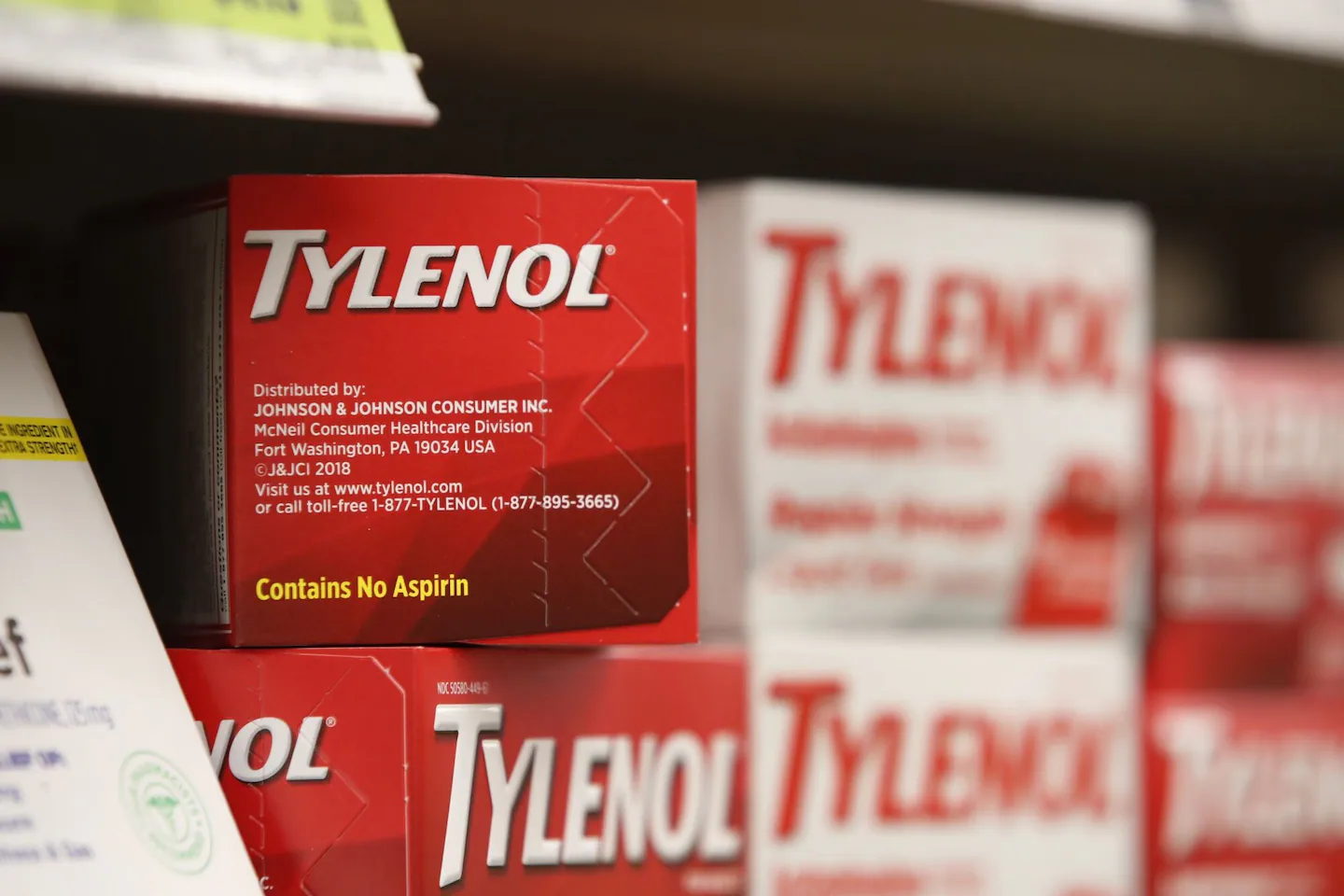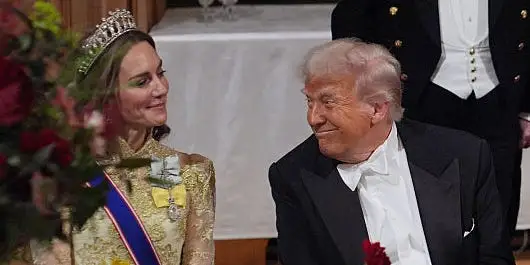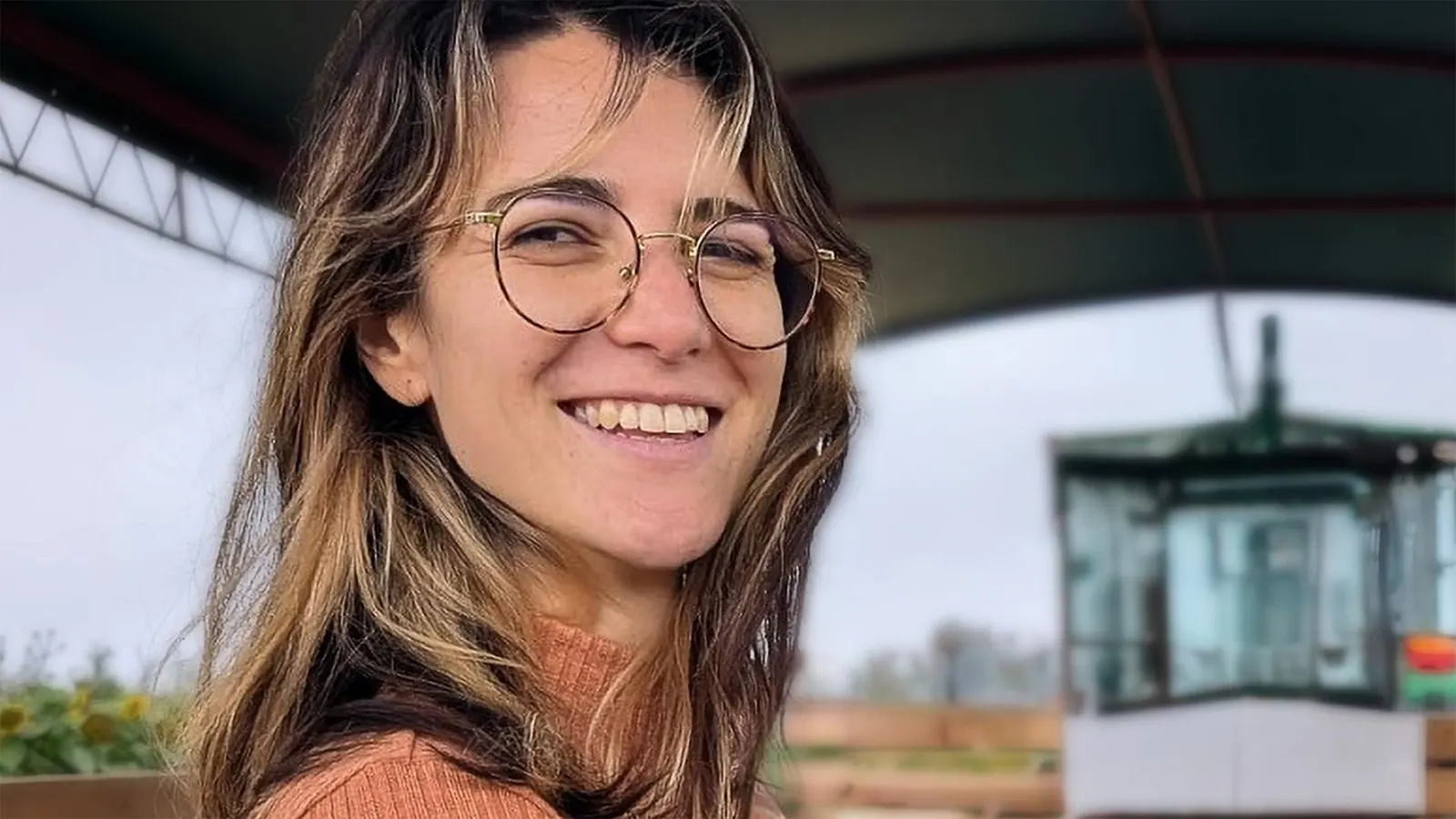
In addition, officials plan to tout a lesser-known drug called leucovorin as a potential autism treatment. Leucovorin is typically prescribed to counteract some medications’ side effects and to treat vitamin B9 deficiency. Early double-blind, placebo-controlled trials administering leucovorin to children with autism have shown what some scientists describe as remarkable improvements in their ability to speak and understand others. Officials at the Food and Drug Administration have recently been reviewing language that could apply to the drug.
The findings on leucovorin have sent ripples through the scientific community, sparking renewed debate about the complex causes of autism – a condition some experts had recently considered predominantly genetic, and therefore largely untreatable.
The efforts have been a top priority for President Trump, who has long voiced concerns about rising US autism rates and tasked his deputies this year with finding answers. The initiative has drawn in Health and Human Services Secretary Robert F. Kennedy Jr., Food and Drug Administration Commissioner Marty Makary, National Institutes of Health Director Jay Bhattacharya and other senior officials.
Speaking at Charlie Kirk’s memorial on Sunday, Trump previewed the move, which is expected to be revealed at a White House news conference.
“Tomorrow we’re going to have one of the biggest announcement[s] … medically, I think, in the history of our country,” he said. “I think you’re going to find it to be amazing. I think we found an answer to autism.”
The NIH also is poised to announce Monday that its new autism data science initiative is underway, with 13 teams receiving research grants related to the causes and treatment of autism, as well as to corroborate past studies. That effort, which has involved career civil servants at the NIH, is separate from a broader NIH report investigating autism research, which is not expected this week. Bhattacharya has told colleagues that he wants the review to be thorough, with career officials’ input, and not be rushed to coincide with Monday’s announcement.
The White House on Sunday touted its forthcoming autism initiatives.
“President Trump pledged to address America’s rising rate of autism, and to do so with Gold Standard Science,” spokesman Kush Desai said in a statement. “Tomorrow’s announcement will make historic progress on both commitments.”
The Wall Street Journal previously reported that the administration was investigating the role of Tylenol and leucovorin. Guidelines on the use of acetaminophen from the major medical societies identify it as a safe pain reliever to use during pregnancy but advise pregnant women to consult their health care providers before taking it, as with all medications during that sensitive period.
Tylenol executives have met with the administration in recent weeks to express their questions about the federal effort and discuss next steps. Tylenol did not immediately respond to a request for comment.
Kennedy has made autism a major focus of his “Make America Healthy Again” agenda, and there have been high-level administration debates about the timing and content of its autism initiatives given the political sensitivity and their potential to upend the medical industry, according to two of the people with knowledge of Monday’s announcement.
“We’ve launched a massive testing and research effort that’s going to involve hundreds of scientists from around the world,” Kennedy said at a televised Cabinet meeting in April. “By September, we will know what has caused the autism epidemic, and we’ll be able to eliminate those exposures.”
The remarks raised alarms among many researchers, who said conducting such research accurately requires a lengthy process.
Since Kennedy became the nation’s top health official, there has been speculation that his agency would link autism to vaccines, a connection Kennedy has referenced regularly despite decades of scientific studies debunking the theory.
Under Kennedy’s leadership, HHS hired David Geier, a proponent of a connection between immunization and autism whose research has come under intense scrutiny, to conduct a government study on whether they are linked. Geier and his father, Mark Geier, have published papers claiming vaccines increase the risk of autism, a theory that has been studied for decades and scientifically debunked.
Autism spectrum disorder is a neurodevelopmental condition characterized by difficulties in social and communication skills, and repetitive behaviors, which has been diagnosed at higher rates among U.S. children in recent decades. One in 31 8-year-olds had autism in U.S. communities examined by the Centers for Disease Control and Prevention, compared with about 1 in 150 children in 2000.
The reasons behind this sharp increase remain widely debated and unclear. Increased testing and awareness play some part, but many researchers believe there are additional factors – probably something in Americans’ environment or lifestyles – at play in addition to the more than 100 genes that have been linked to the condition.
– – –



